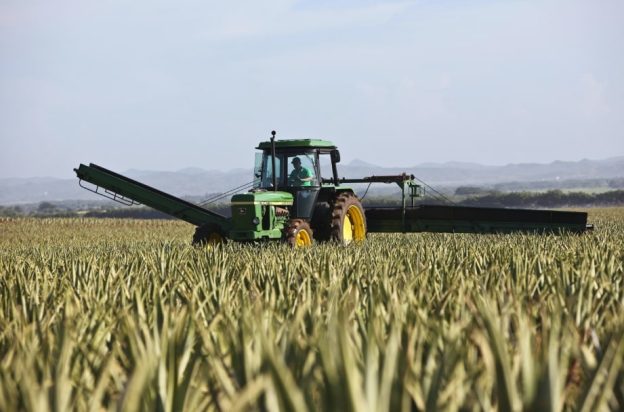Attitudes towards fertiliser are always split. Some people are pragmatic and focus on the fact it is really important for growing crops and protecting food suppliers. Others look at the negatives, such as the impact on the environment. The fact is fertilisers are useful but do need careful management. In addition, it is crucial to look at ways to address the concerns, particularly the big impact of producing them.
What we want to do today is have a closer look at why the products are so important as well as how to improve their use in the future. So, read on to learn more.
Crucial elements
Fertilisers typically feature different levels of three main elements; nitrogen, potassium, and phosphorus. They can also contain a number of others in smaller amounts. The focus with each product is to improve growth and crop yields. They are necessary whenever the soil does not have a sufficient level of nutrients to support crops.
However, by their very nature fertilisers can be harmful for the environment. Some require a huge amount of resources to produce. For example, natural gas can be a vital raw ingredient, especially in nitrogen fertiliser. Typically producers also burn a large amount of fossil fuel to produce products. Phosphorus fertilisers require non-renewable raw materials too. It can be energy intensive to mine them, especially in large volumes.
The impact on the environment doesn’t end there either. Poor applications or even issues with storage and transportation can cause issues. As we said, the products promote plant growth. If they get into waterways like rivers and streams, or bodies of water like lakes and ponds, it can cause massive ecological damage.
The future
Experts are saying the best way to resolve the issues with fertiliser use is to look at innovation and diversification. It could mean some big changes for farmers in the future.
One thing that could help is diversifying to use different fertilisers, including organic and bio ones. They could massively reduce the environmental impact by ensuring producers don’t need to use as many non-renewable resources.
Another option is to look at innovations in management and applications. For example, new tech that allows precise application of fertilisers could massively reduce usage and runoff. It could ensure the right amount of nutrients go directly to the crops.
Good soil management is also a better idea than relying on fertiliser. A number of issues occur because producers don’t look at things like rotating or planting cover crops. It can result in fields missing crucial nutrients. Better management would have a positive impact. Farmers should even look at soil testing to get proper nutrient profiles for their fields before doing anything. It can give them a clearer idea of what they need to add.
Do you want to order fertiliser?
The future could be very different for farmers, especially with so much pressure to do more for the environment. Changes could also be forced to tackle an over-reliance on imports. The ultimate goal should always be to ensure food security, but not at the cost of irreparable environmental damage.
If you are currently using fertiliser, it is a good idea to ensure you are being careful and managing it properly. It will benefit your bottom line too, particularly with concerns about prices.
JS Hubbuck Ltd is happy to be a reliable source of quality products. If you do need to order anything, you can speak to us. We have a long history of delivering to parts of Scotland and North England.

